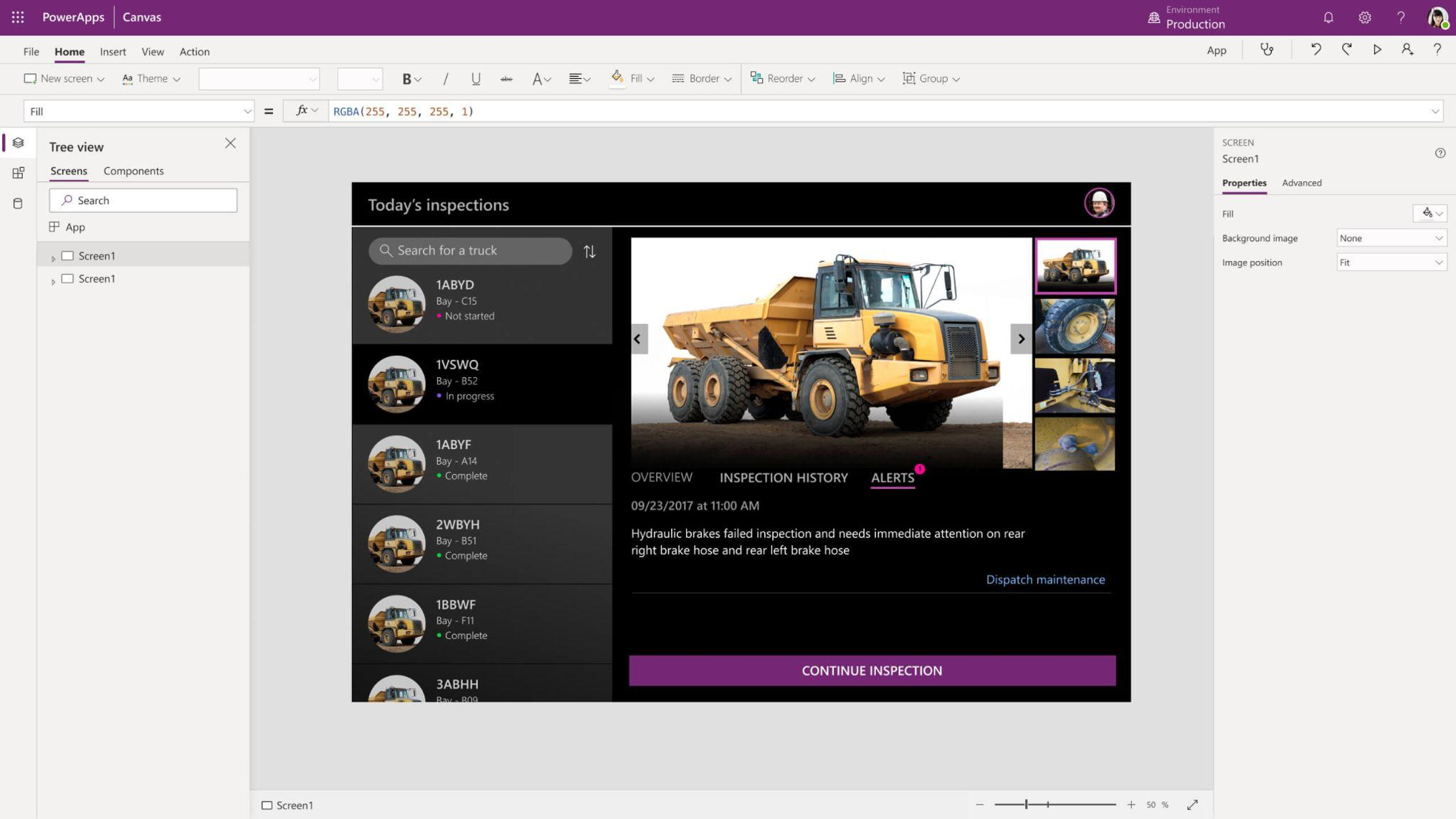“I bet there’s an app for it.” We bet you’ve said that at least once in your life. Or have thought it. Or, the urge to search for an app has become as natural as breathing — people now consider it to be normal to find an app for literally anything.
Games and other leisure apps aside (we’re talking business now), let’s concentrate on work-related apps and/or apps that support a business. What benefits do they have and when should you consider getting an app of your own?
Browsing an online store on your smartphone vs. logging in a designated app is an experience unmatched. Major retail stores know that and all the big brands have an app of their own. Grocery stores, fashion brands, and other B2C–oriented businesses allocate large sums of money and employ large teams to develop their own state-of-the-art mobile apps.
That said, B2B businesses should not stay behind. And the savvy ones certainly don’t. Offering your clients an app that makes the job easier for their sales reps, technicians, and other personnel makes your brand stand out. More than that in fact — when an app makes their job easier, people are more likely to work exclusively with the brand that provided the app.
Mobile App as a Useful Tool On a Building Site
Let’s have a look at a real-life example — a client of ours manufactures and sells diggers and excavators. These fascinating vehicles can be used in various ways, and a switch of the ladle completely transforms the machine.
Here comes the catch though — one excavator can have eight different ladles, each serving a specific purpose. It’s not realistic to expect an average digger operator to remember all the specifics, let alone all the user instructions and how to put on various ladles.
This is exactly where an app becomes indispensable and gives your business a competitive advantage. Workers on a building site won’t drop everything when struggling to choose a suitable ladle, get back to the office, start up a computer and look up the recommended ladle or study the user manual.
Taking a mobile phone out of our pockets has become a second nature to all of us when we’re at the end of our wits. Googling somebody’s full name or height is easy, finding out useful info about how to operate an excavator not so much. That’s where apps beat websites. A well designed app is usually interactive — most apps ask you to scan a code or insert a serial number to identify what you’re working with — before providing targeted advice.
In the excavator app, users find all the info they need about diggers, their various models, ladles, user instructions and more. It’s a really helpful tool for them, giving them the opportunity to look up information on the go. Making their work quicker, more streamlined, and more effective.
The playground may be similar when it comes to e.g. car service stations. When a brand offers an helpful app that makes finding and buying spare parts easier, we bet your customers will be more likely to stick.
Low-Code Development Platforms Make Apps AccessibleEven for Small Businesses
This is all nice, you might be thinking, but where to find resources to develop an entire app? Low-code development platforms (LCDP) are a gateway to the world of mobile apps for those who either don’t have their own development team or are unable to allocate human and financial resources to an app development.
Low-code development platforms enable their users to create an app using a graphic interface. Easy and quick to use, with the result being a fully operational app — which is completely ready to use or requires just minor coding alterations/additions. Low-code apps reduce the time spent on app development significantly.
All the major SaaS brands are jumping on the LCDP bandwagon, seeing it as an opportunity to broaden their portfolio and also help their clients grow their businesses. Sooner or later, having your own app will become a sign of a company’s social status, a stamp of approval, a message to the outside world that the brand matters.

Microsoft Power Apps as a Low-Code Development Platform
Microsoft doesn’t stay behind, as one of the leaders in SaaS for companies and institutions. Their
Power Apps is the low-code development platform for all users of
Microsoft Dynamics 365 Business Central. They promise to empower everyone in building apps and driving innovations across businesses with:
- AI developer copilot,
- prebuilt templates,
- drag & drop simplicity,
- quick deployment.
These claims are not just empty promises. As we showed earlier in this article on the excavator example, the easy-to-develop apps can be often absolutely sufficient.
If you still haven’t considered getting the app for your business, think again. Same if you dismissed the idea as too extravagant and/or expensive. The solution might be closer than you think.
Where Does PIMICS Fit In?
Microsoft Power Apps and other low-code development platforms are useless if you haven’t fully committed to digitalisation. If you’re still managing your data in extensive Excel sheets, struggling to keep them correct and up-to-date, take a step back first. Sorting out your product data and unifying its management is crucial before you proceed on your path to digitalisation.
That’s where PIMICS comes in. A smart & advanced Product Information Management (PIM) tool that streamlines the way you handle product data and opens the doors to many other automated and/or digital solutions. Such as automatic catalogue generation or creating your own app.